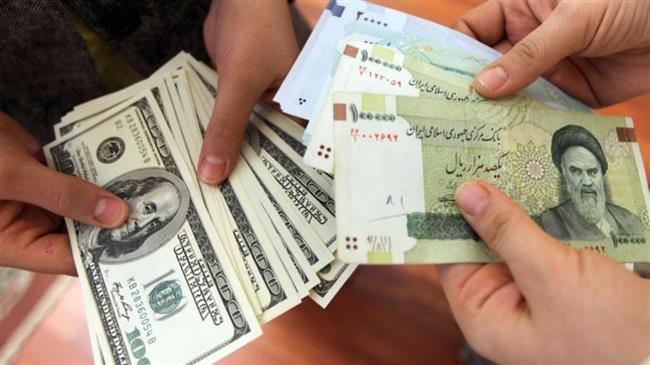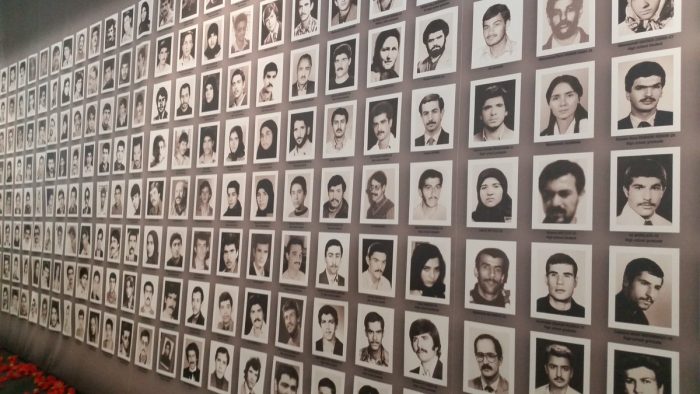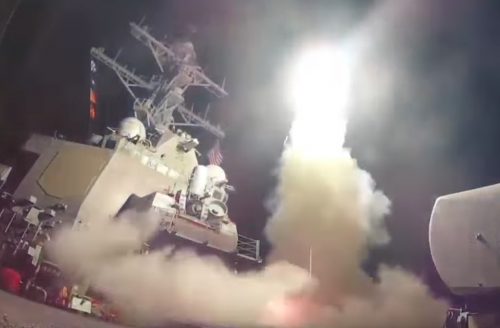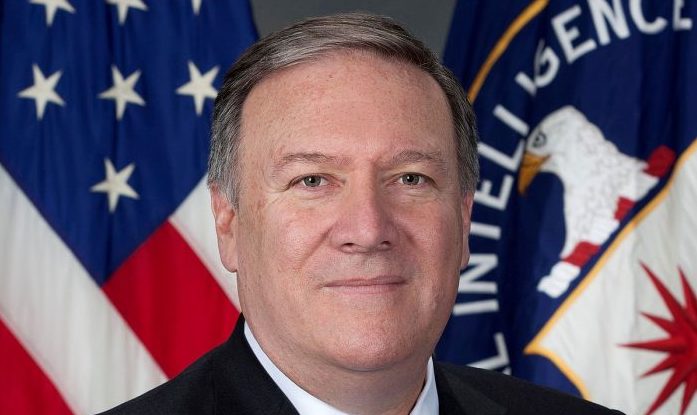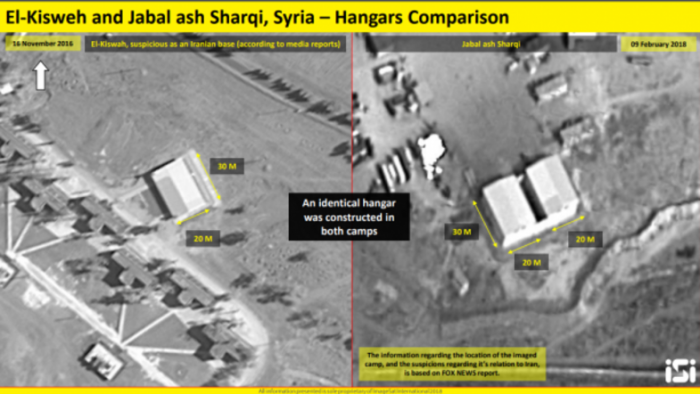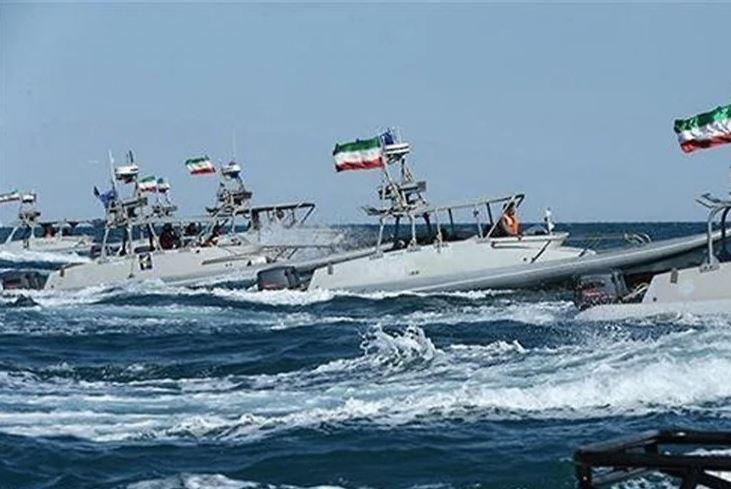
There are several predictable things about the Iranian regime. For one, it will always hold marches where protestors will chant “Death to America.” For another, it will support terrorist activities against its neighbors and its perceived enemies in far-flung countries.
It will also have its leaders make slightly irrational and not-so-veiled threats against any number of countries, militaries, economies, landmarks – or most recently – navigable waterways.
The latest episode was Iranian president Hassan Rouhani’s threat this week that the Iranian regime would disrupt other countries’ oil shipments through the Persian Gulf if the U.S. moved forward with efforts to stop Iranian oil exports as part of its renewed economic sanctions.
“America should know that we are selling our oil and will continue to sell our oil and they are not able to stop our oil exports,” Rouhani said in a televised speech during a trip to the northern Iranian city of Shahroud.
“If one day they want to prevent the export of Iran’s oil, then no oil will be exported from the Persian Gulf,” Rouhani, the supposedly moderate President of the Iranian regime said.
The fact that Rouhani made nearly identical threats in last July should come as no surprise as the regime is long on rhetoric, but short on action on this scale.
His comments were backed up by similar bellicose statements from the Revolutionary Guard Corps, whose commander was quoted as saying Tehran would block oil shipments through the Strait of Hormuz if the U.S. went ahead and banned its oil sales.
The concept of a blockade of the Gulf, while appealing to the more irrational members of the mullahs running Iran, would only help topple their rule since any effort to force a blockade would almost assuredly have the opposite effect and unite countries around the world in forcing open the shipping lanes no matter the cost.
The threat comes less than 24 hours after U.S. officials told the Wall Street Journal that an aircraft carrier group led by the USS John C. Stennis is set to arrive in the Persian Gulf “within days” — which will bring a close what’s been described as the longest period in two decades that a carrier group was absent from the region. Specifically, the unnamed officials identified the purpose as to “exhibit a show of force against Iran”.
The carrier deployment, though previously scheduled, was announced after the U.S. condemned Iran’s test firing a medium-range nuclear capable ballistic missile on Sunday.
It would also reinforce the perception that Tehran was never really serious about moderation when it entered into the nuclear deal and instead only wants to continue disrupting the world stage.
The threat of a blockade is about as serious as the claims by the mullahs that no dissension exists within the Islamic state, despite mounting protests throughout the country.
Even the carefully pushed narrative by the Iran lobby that Europe would come to Iran’s rescue with an alternative financing mechanism designed to help pay for Iranian oil sales in alternative forms of payment got a dose of cold water and had to be refuted by its foreign minister.
Earlier, Foreign Minister Mohammad Javad Zarif denied a Reuters report that said a European mechanism to set up an account to trade with Iran and beat the newly re-imposed U.S. sanctions may not cover oil sales, the Iranian foreign ministry website reported.
“Based on the information we have, it’s not so. Because if Iran’s oil money is not deposited into the account, it’s not clear that there would be any funds for trade, because oil is a major part of Iran’s exports,” Zarif said, according to the website.
“This appears to be propaganda aimed at discouraging people,” Zarif added.
While the Iranian regime had pinned hopes that the effort led by France and Germany would yield dividends, the ill-advised efforts by the regime to assassinate Iranian dissidents in France and Denmark led to renewed calls to punish the regime.
Talk about bad timing. The mullahs seem to excel at it; continually undercutting the messaging by the Iran lobby with idiotic actions.
This contradiction in messages is borne out by a new study by the London-based International Institute for Strategic Studies (IISS) which revealed a dramatic increase in the regime’s defense spending; far beyond what would be perceived as necessary for its defense.
One key finding was that the 2018–19 defense budget bill is much higher than what even the most ardent critics within the Iranian establishment had sought. These hardliners wanted five percent of the country’s total budgetary outlay for defense, which was already achieved in 2016.
Iran’s military expenditure for 2018–19 is estimated at $19.6 billion out of $260 billion total outlay, which makes defense spending at 7.5 per cent of Iran’s total budget.
Most interesting though was the finding by IISS that the latest Iranian defense budget also had a whopping 84 percent rise in allocations for local forces pointing to rising internal dissent and the need to shift more resources to putting down protests and tracking down dissidents.
So while Rouhani may be blustering about closing the Gulf, the real threat to Iran and its mullahs is not coming from the Straits of Hormuz, but the streets of Tehran.
Michael Tomlinson
